
Kariba: Zimbabwe's Aquatic Paradise
Nestled on the northern border of Zimbabwe, Kariba is a hidden gem perfect for nature enthusiasts and adventure seekers. This enchanting town is home to Lake Kariba, one of the largest man-made lakes in the world, offering stunning views and a tranquil atmosphere. The shimmering waters and lush surroundings make it an ideal destination for boating, fishing, and bird-watching. Kariba's rich wildlife is another major draw, with the Matusadona National Park located nearby. This park is a sanctuary for a variety of animals, including elephants, lions, and an abundance of bird species. Visitors can enjoy safari tours and see these majestic creatures up close in their natural habitat. The town also boasts a unique cultural heritage. The Kariba Dam, an engineering marvel, stands as a testament to human ingenuity and provides a fascinating insight into the region's history. Local markets and communities offer a glimpse into the daily lives of the people, with opportunities to purchase handmade crafts and taste traditional Zimbabwean cuisine. Whether you're seeking relaxation or adventure, Kariba offers a diverse range of activities and experiences. From serene sunset cruises on the lake to thrilling wildlife encounters, this destination promises unforgettable memories.
Local tips in Kariba
- Visit during the dry season (May to October) for the best wildlife viewing opportunities.
- Book a houseboat on Lake Kariba for a unique and relaxing stay.
- Don't miss a tour of the Kariba Dam for an insight into the region's history and engineering feats.
- Pack light, breathable clothing and comfortable walking shoes for safari excursions.
- Carry insect repellent to protect against mosquitoes, especially during the evening.
Kariba: Zimbabwe's Aquatic Paradise
Nestled on the northern border of Zimbabwe, Kariba is a hidden gem perfect for nature enthusiasts and adventure seekers. This enchanting town is home to Lake Kariba, one of the largest man-made lakes in the world, offering stunning views and a tranquil atmosphere. The shimmering waters and lush surroundings make it an ideal destination for boating, fishing, and bird-watching. Kariba's rich wildlife is another major draw, with the Matusadona National Park located nearby. This park is a sanctuary for a variety of animals, including elephants, lions, and an abundance of bird species. Visitors can enjoy safari tours and see these majestic creatures up close in their natural habitat. The town also boasts a unique cultural heritage. The Kariba Dam, an engineering marvel, stands as a testament to human ingenuity and provides a fascinating insight into the region's history. Local markets and communities offer a glimpse into the daily lives of the people, with opportunities to purchase handmade crafts and taste traditional Zimbabwean cuisine. Whether you're seeking relaxation or adventure, Kariba offers a diverse range of activities and experiences. From serene sunset cruises on the lake to thrilling wildlife encounters, this destination promises unforgettable memories.
When is the best time to go to Kariba?
Iconic landmarks you can’t miss
Lake Kariba
Explore the breathtaking landscapes and rich wildlife at Lake Kariba, a stunning destination for nature lovers and adventure seekers in Southern Africa.
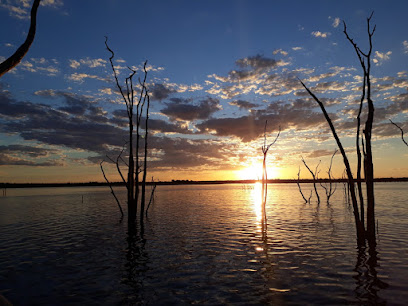
Caribbea Bay Hotel
Discover tranquility and adventure at Caribbea Bay Hotel, a scenic haven on the shores of Lake Kariba, perfect for relaxation and exploration.
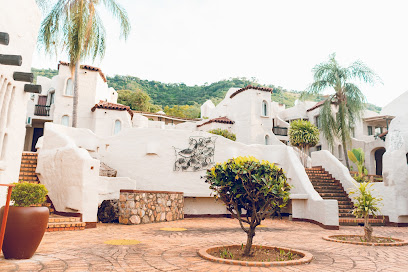
Kariba Dam
Explore the magnificent Kariba Dam, an engineering wonder that combines breathtaking views with the allure of Lake Kariba, perfect for nature lovers and adventure seekers.
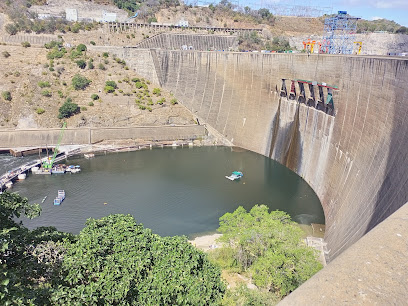
Kariba Heights Observation Point
Discover stunning vistas and serene beauty at Kariba Heights Observation Point, an unmissable destination for nature lovers and photographers.
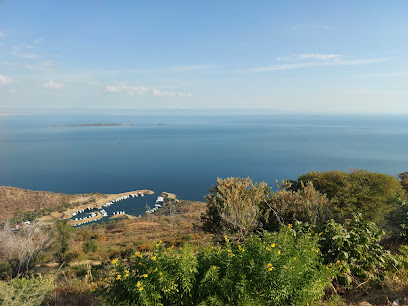
Matusadona National Park
Explore the mesmerizing landscapes and vibrant wildlife of Matusadona National Park, a must-visit destination on the shores of Lake Kariba.
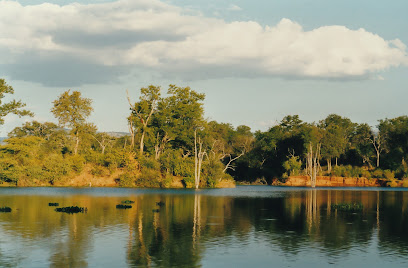
Kariba Safari Lodge
Experience the beauty of nature at Kariba Safari Lodge, where adventure meets tranquility on the shores of Lake Kariba.
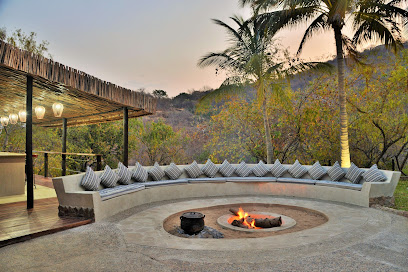
Cutty Sark Hotel
Discover the charm of Kariba at Cutty Sark Hotel – your gateway to stunning views and unforgettable adventures in Zimbabwe.
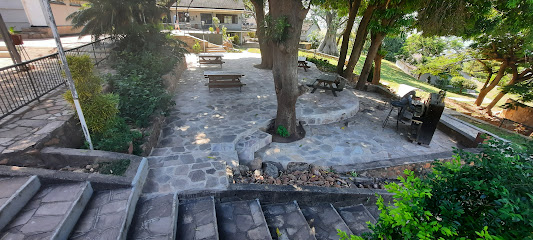
Kariba Sunset Villas
Discover tranquility and stunning sunsets at Kariba Sunset Villas, your peaceful retreat on the shores of Lake Kariba, Zambia.
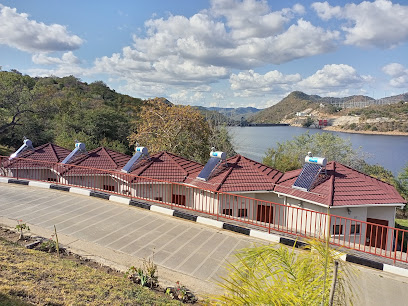
Spurwing Island Lodge
Experience the tranquil charm of Spurwing Island Lodge on the breathtaking shores of Lake Kariba, Zimbabwe—where luxury meets nature.
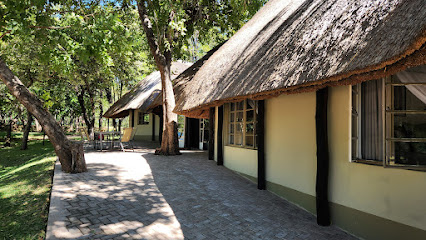
Zambezi Valley
Discover the stunning landscapes and rich wildlife of the Zambezi Valley, a perfect destination for nature lovers and adventure seekers alike.
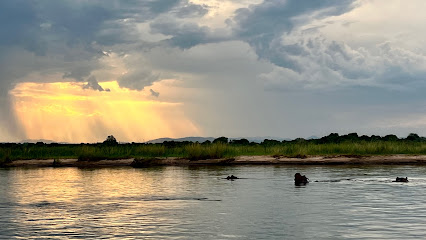
Changa Safari Camp
Explore the stunning Changa Safari Camp in Matusadona National Park, where luxury meets adventure and nature unfolds its beauty.
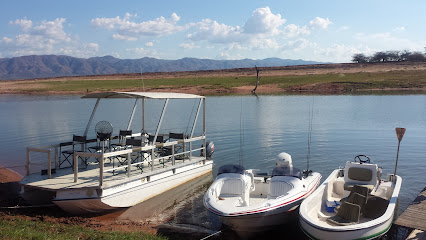
Hornbill Lodge
Experience tranquility at Hornbill Lodge, your ideal retreat by Lake Kariba, where comfort meets adventure in the heart of Zimbabwe.
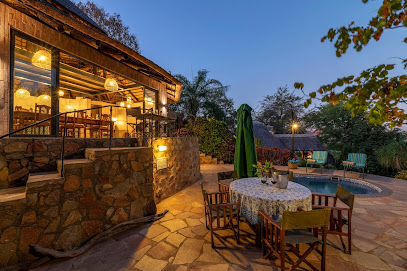
Kariba, Zimbabwe
Explore Kariba, Zimbabwe: a breathtaking destination where nature meets adventure, rich wildlife encounters, and vibrant local culture await.
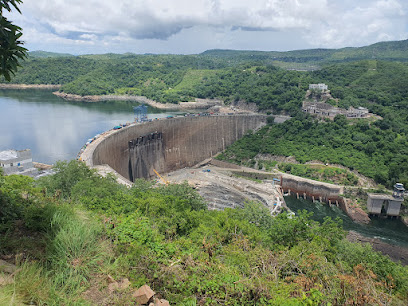
Zambezi Trader
Explore the Zambezi River with Zambezi Trader—your premier houseboat rental for unforgettable adventures in Kariba, Zimbabwe.
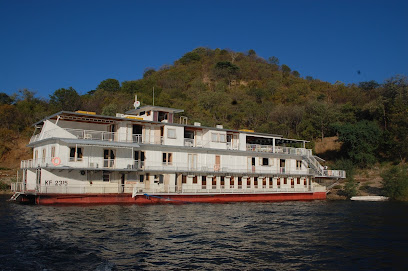
Kariba Airport
Discover the beauty of Lake Kariba and its wildlife with convenient access through Kariba Airport, your gateway to adventure in Zimbabwe.
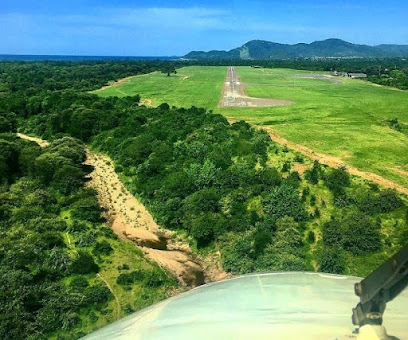
Unmissable attractions to see
Kariba Dam
Discover Kariba Dam, an engineering marvel in Zambia, offering breathtaking views, rich history, and thrilling outdoor adventures amidst stunning landscapes.
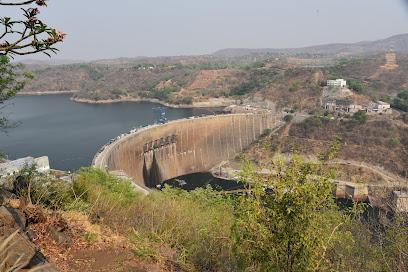
Matusadona National Park
Uncover the breathtaking landscapes and rich wildlife of Matusadona National Park, a serene escape on Lake Kariba's southern shore.
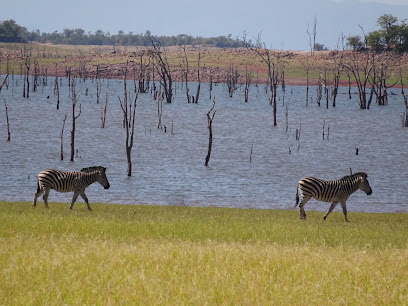
Kariba, Zimbabwe
Explore the natural beauty and vibrant culture of Kariba, Zimbabwe, where picturesque lake views and thrilling wildlife encounters await every traveler.
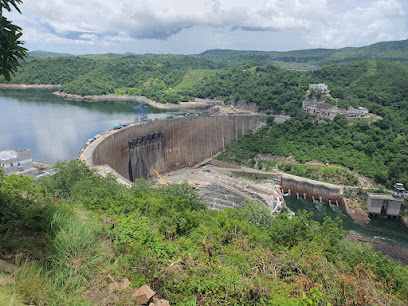
Nyaminyami Observation Point
Experience the breathtaking views of the Zambezi River at Nyaminyami Observation Point, a must-visit natural attraction in Kariba, Zimbabwe.
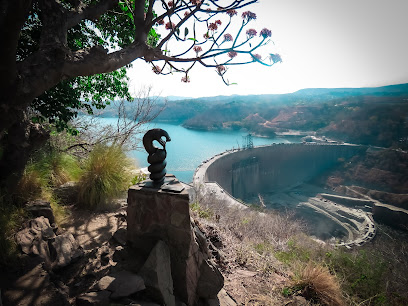
view point
Experience panoramic views of Lake Kariba at the breathtaking Kariba View Point, a serene escape for nature lovers and photographers.
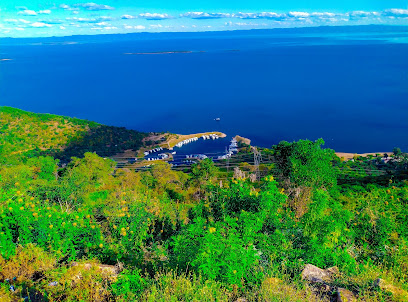
kariba, Nyamhunga 2 Park
Experience the serene beauty and tranquility of Nyamhunga 2 Park in Kariba, a perfect escape for nature lovers and relaxation seekers.
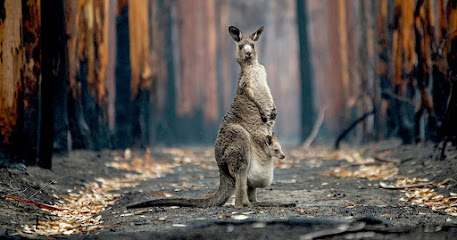
Sundowners point
Discover the breathtaking beauty of Sundowners Point in Kariba, where stunning sunsets and serene waters create an unforgettable experience.
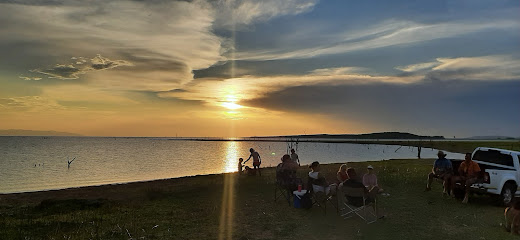
Hippo paradise safari lodge
Discover the beauty of Hippo Paradise Safari Lodge in Kariba, where adventure meets relaxation amidst stunning wildlife and breathtaking landscapes.
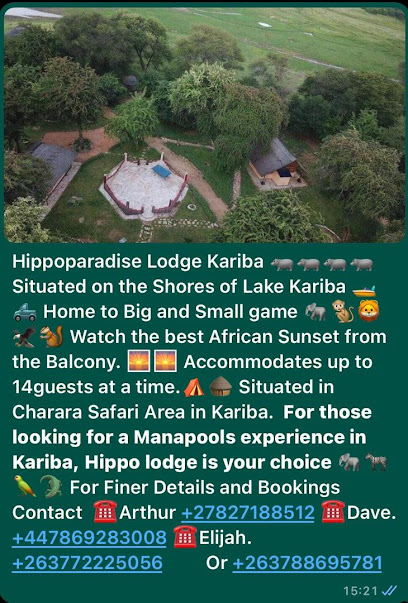
Kariba Baobab Stop
Explore the breathtaking Kariba Baobab Stop, a stunning hiking area in Zimbabwe known for its iconic baobab trees and panoramic views.

HIPPO PARADISE LODGE
Discover the enchanting charm of Hippo Paradise Lodge in Kariba, where adventure meets tranquility amidst breathtaking natural beauty.
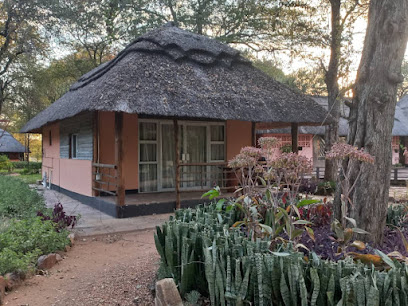
J10 bush camp
Experience the tranquility of J10 Bush Camp in Kariba, where nature meets relaxation amidst breathtaking views of Lake Kariba.
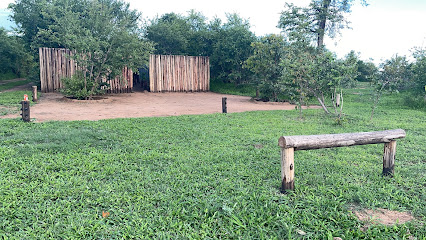
Kudu Island
Explore the stunning landscapes and rich wildlife of Kudu Island, a tranquil oasis in Lake Kariba's heart, perfect for nature lovers and adventure enthusiasts.

Moth camp
Experience the tranquility of Moth Camp in Kariba, a perfect retreat for nature lovers and those seeking peace in Zimbabwe's stunning landscapes.
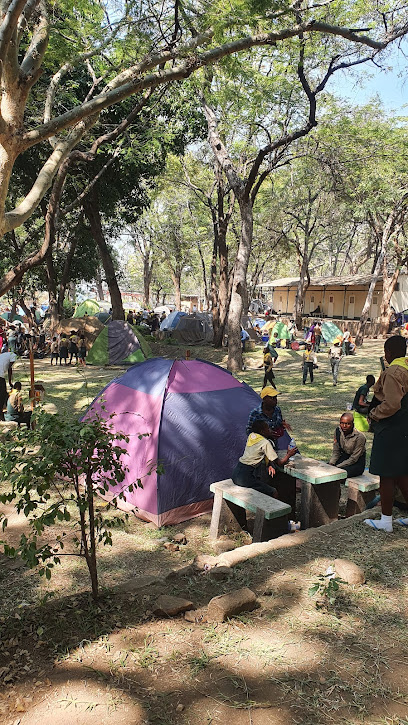
Essential places to dine
Cutty Sark Hotel
Discover serene lakeside luxury at Cutty Sark Hotel in Kariba - where comfort meets adventure amidst breathtaking views.
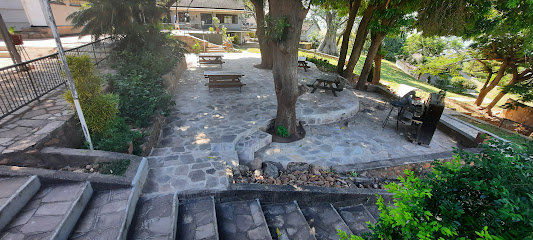
Warthogs Safari Camp Kariba
Experience unforgettable moments at Warthogs Safari Camp in Kariba—your gateway to nature's wonders and culinary delights.
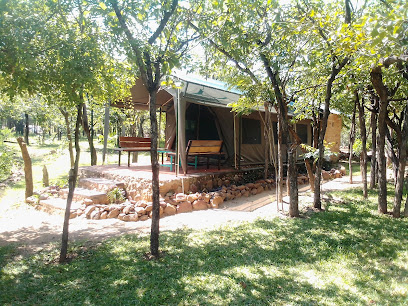
Lomagundi Lakeside
Experience tranquility at Lomagundi Lakeside with stunning views of Lake Kariba—perfect for relaxation and outdoor adventures.
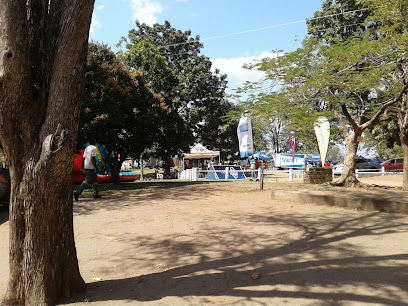
ZPC SOCIAL CLUB KARIBA
Discover ZPC Social Club Kariba - A hub of flavor and culture where delicious cuisine meets vibrant social experiences.
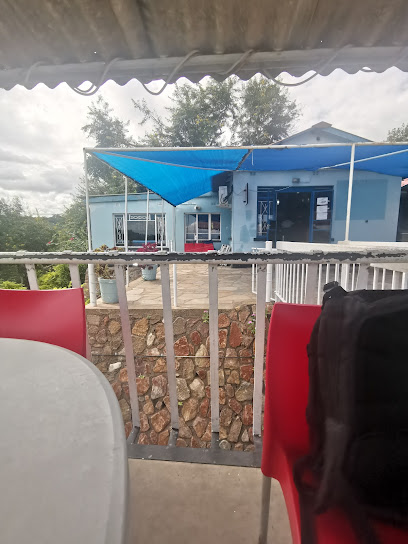
The Dome
Discover The Dome: A perfect blend of exquisite dining and stunning lake views in Kariba.
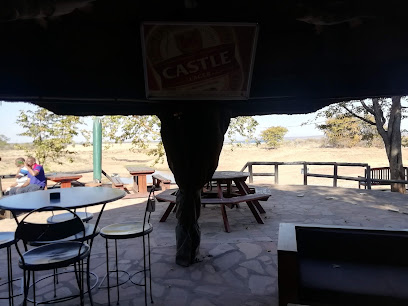
Kariba, Zimbabwe
Explore the scenic beauty and rich wildlife of Kariba, Zimbabwe - a paradise for nature lovers and adventure seekers.
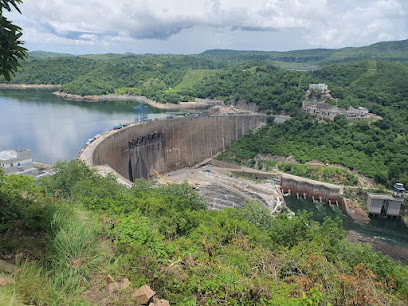
Kariba Country Club
Discover serenity at Kariba Country Club: where exquisite dining meets breathtaking views by Lake Kariba.
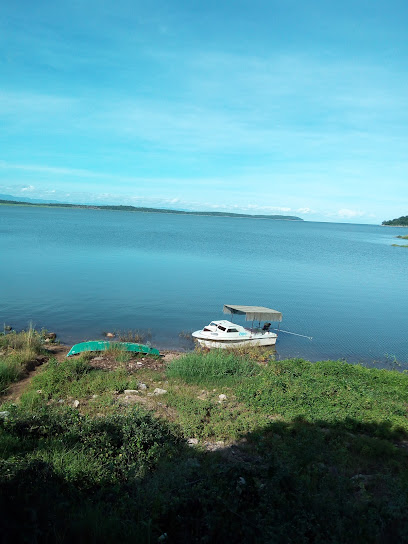
Makaz Pub And Grill
Experience authentic Zimbabwean flavors at Makaz Pub And Grill - where every meal is a celebration of taste and community.
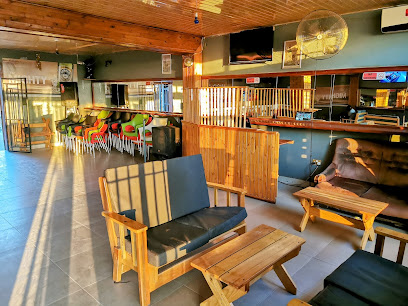
Zesco club
Savor authentic African cuisine at Zesco Club in Siavonga - a culinary gem offering diverse dishes in a vibrant setting.
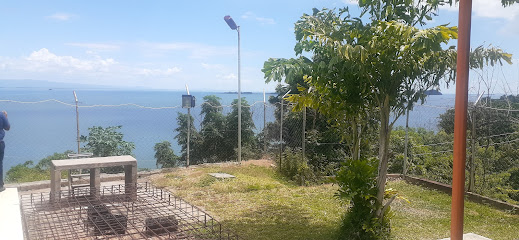
Crispy Fresh
Explore Zimbabwe's culinary treasures at Crispy Fresh supermarket in Kariba - your one-stop shop for fresh produce and local delights.
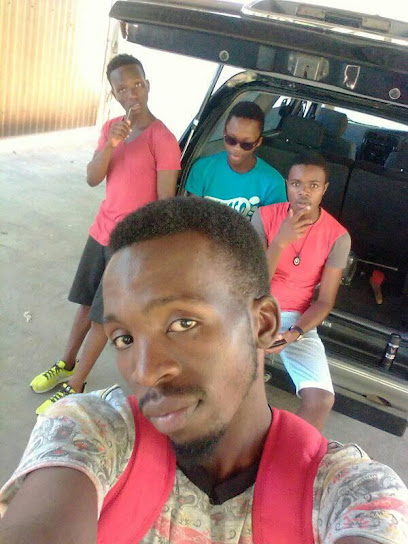
Frazbear Frights
Discover Frazbear Frights: Where Culinary Delights Meet an Unforgettable Atmosphere for Tourists.

Lake Harvest Shop, Bar and Grill
Experience fresh flavors at Lake Harvest Shop, Bar and Grill – where local cuisine meets stunning views of Lake Kariba.
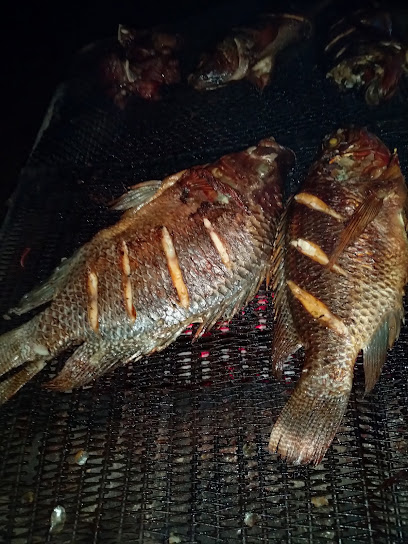
Fisherman's Rest
Discover tranquility at Fisherman's Rest, a serene lakeside retreat offering nature-inspired lodging experiences in beautiful Kariba.
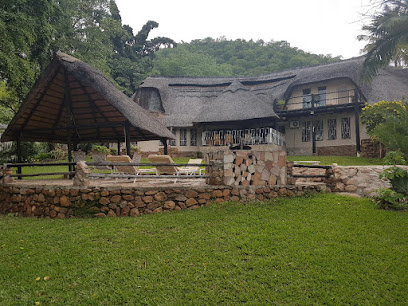
Captain's Cove
Experience exquisite dining at Captain's Cove - where local flavors meet breathtaking views on Lake Kariba.
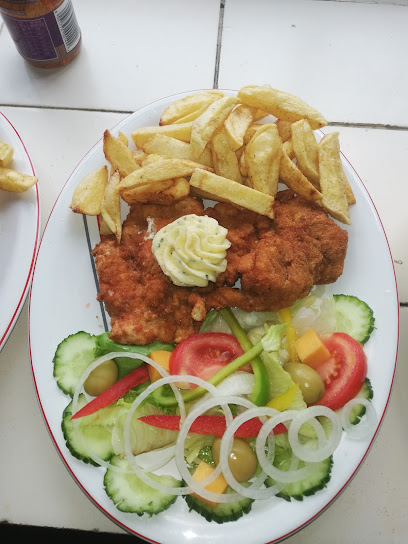
B24 Chicken Kariba
Experience delightful fast food at B24 Chicken Kariba with mouthwatering chicken dishes that showcase local flavors in Zimbabwe.
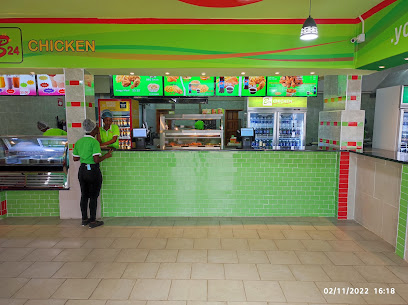
Markets, malls and hidden boutiques
TM Supermarket
Explore TM Supermarket in Kariba for an extensive range of local and international products, fresh produce, and unique Zimbabwean snacks.
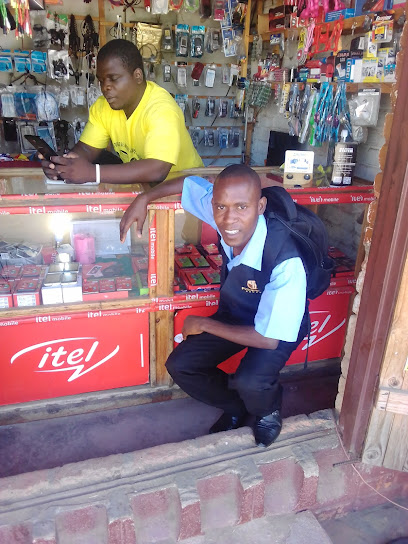
Crispy Fresh
Discover the vibrant flavors of Zimbabwe at Crispy Fresh, Kariba's premier supermarket for fresh produce and local delicacies.
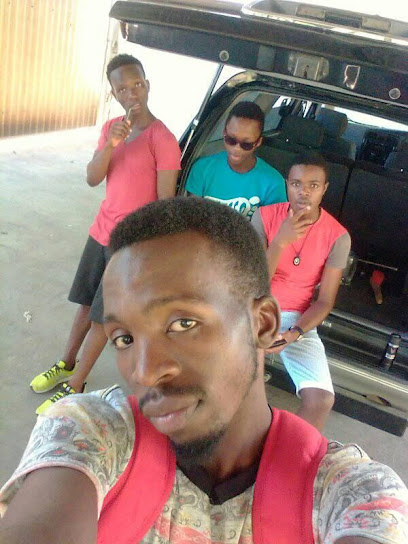
Jumbo Township Kariba
Explore Jumbo Township Kariba for a unique shopping experience filled with local culture, crafts, and vibrant community spirit.

Hwadze Bridge
Discover shopping, dining, and local culture at Hwadze Bridge Shopping Mall in Kariba, a vibrant destination for every traveler.
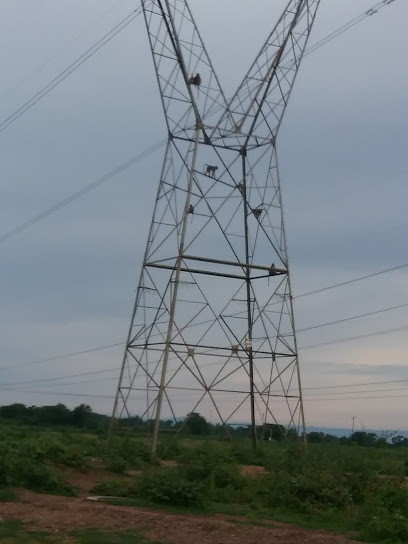
Fructose Treats
Discover the delightful flavors of Fructose Treats, Kariba's beloved bakery offering an array of freshly baked pastries, cakes, and more.
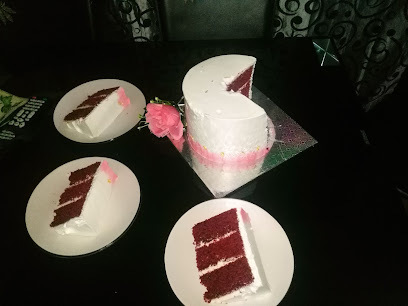
Glitz & Glamour
Explore a treasure trove of vintage finds and unique second-hand items at Glitz & Glamour in Kariba, where thrifting is an adventure.
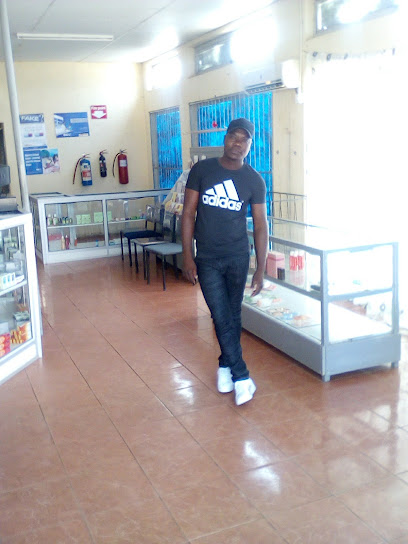
TDC ENGENEERING
Discover TDC Engineering in Kariba – your one-stop electronics store for all your travel needs, offering a wide selection and expert advice.
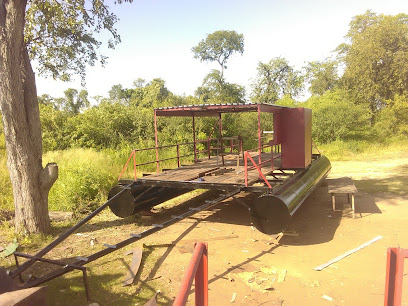
Good Shepherd Pharmacy Nyamhunga
Discover quality health care at Good Shepherd Pharmacy Nyamhunga, a trusted pharmacy in the heart of Kariba, ensuring your wellness during your travels.

Tariro comblex
Explore Tariro Complex in Kariba for a vibrant grocery shopping experience with local and international products in a clean, welcoming environment.

Appliance Expert
Explore Appliance Expert in Kariba for a wide range of electronics, from appliances to gadgets, ensuring your tech needs are met during your visit.
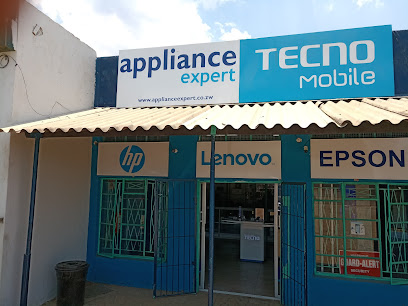
Kariba Fish Supplier
Experience the freshness of Lake Kariba at the renowned Kariba Fish Supplier, where local flavors and quality meet in a vibrant butcher shop.
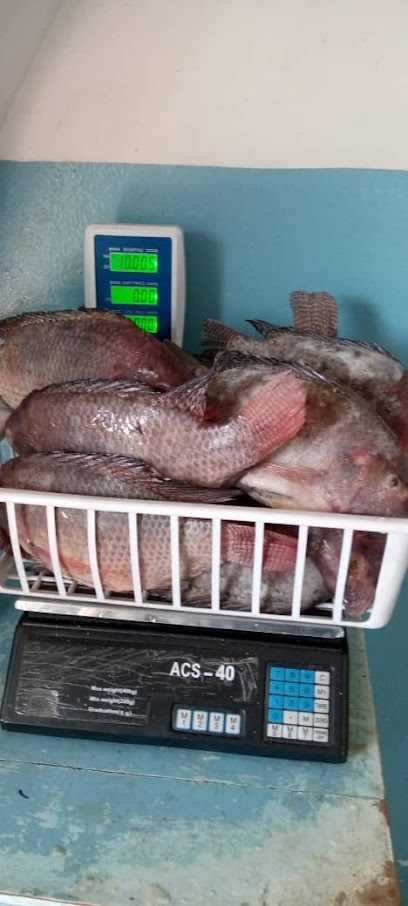
Bata
Explore Bata in Kariba for stylish and comfortable footwear that enhances your Zimbabwean adventure with quality and local flair.

Carobeck Complex
Experience the vibrant shopping scene at Carobeck Complex in Kariba, where local crafts meet diverse dining options, creating an unforgettable retail adventure.

Zambezi Hardware & Marine
Discover Zambezi Hardware & Marine in Kariba, your go-to destination for quality hardware supplies and expert assistance for all your crafting needs.

Towdah Connect
Explore Towdah Connect in Kariba for unique stationery and local crafts that capture the spirit of Zimbabwean creativity.

Essential bars & hidden hideouts
Tamarind Holiday and Conference Resort
Discover the tranquility of Tamarind Holiday and Conference Resort in Kariba, where nature meets comfort for an unforgettable getaway.
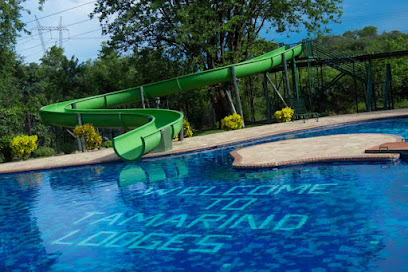
Cutty Sark Hotel
Discover the beauty of Lake Kariba while staying at the Cutty Sark Hotel, where comfort meets adventure in picturesque surroundings.
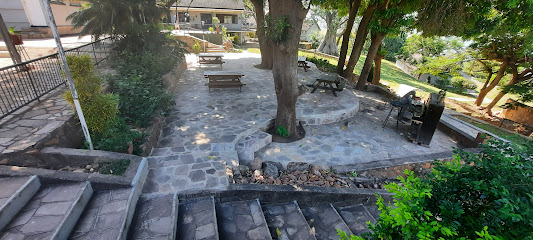
Warthogs Safari Camp Kariba
Explore the wild at Warthogs Safari Camp Kariba, where comfort meets adventure in the heart of Zimbabwe's breathtaking landscapes.
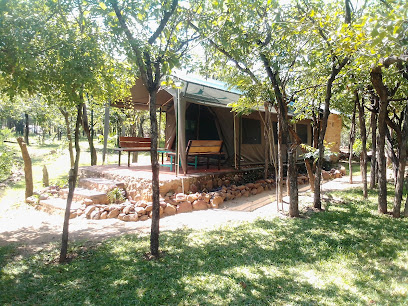
ZPC SOCIAL CLUB KARIBA
Experience the heart of Zimbabwean cuisine at ZPC Social Club Kariba, where vibrant flavors and a lively atmosphere await every guest.
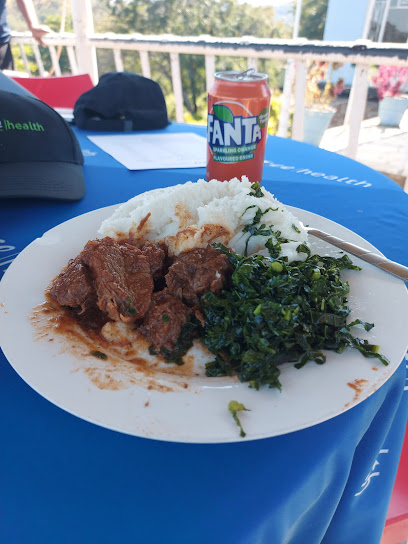
The Dome
Experience the perfect blend of delicious cuisine and breathtaking views at The Dome, your ultimate lakeside retreat in Kariba.
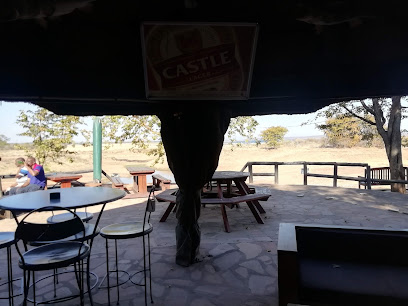
Kariba, Zimbabwe
Experience the natural beauty and adventure of Kariba, Zimbabwe, from fishing to wildlife safaris in a stunning lakefront setting.
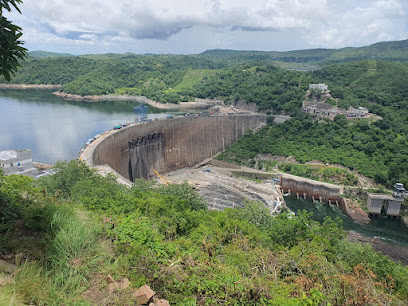
Kariba Country Club
Discover the charm of Kariba Country Club – a perfect blend of relaxation, local cuisine, and stunning views in the heart of Zimbabwe.
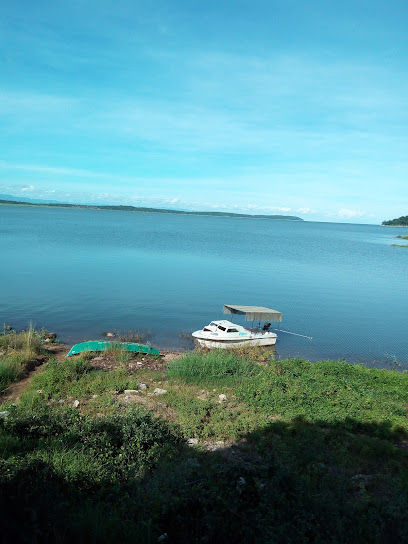
Makaz Pub And Grill
Experience the vibrant flavors of Zimbabwe at Makaz Pub And Grill, where local hospitality meets delicious grilled cuisine in a lively atmosphere.
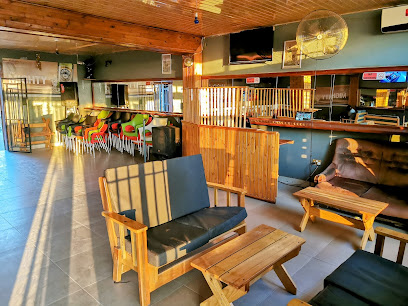
Zesco club
Savor the rich flavors of African cuisine at Zesco Club in Siavonga, a vibrant culinary destination for tourists seeking authentic local experiences.
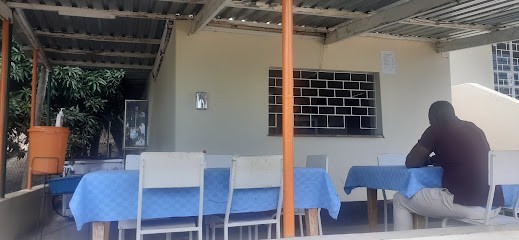
Bumblebee night club
Experience the vibrant nightlife of Siavonga at Bumblebee Night Club, where great music, local drinks, and an electric atmosphere await you.
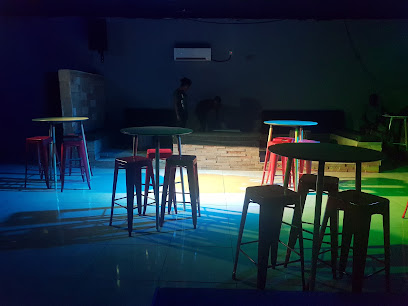
Lake Harvest Shop, Bar and Grill
Discover the perfect blend of relaxation and flavor at Lake Harvest Shop, Bar and Grill, where the stunning views of Lake Kariba enhance your dining experience.
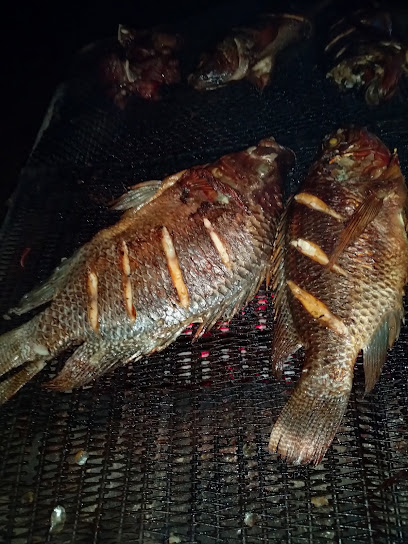
Captain's Cove
Experience the flavors of Kariba at Captain's Cove, where delicious cuisine meets stunning lake views for an unforgettable dining adventure.
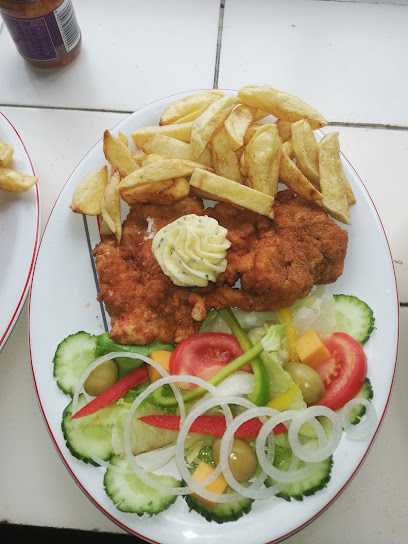
Nesango Leasure Bar.
Experience the vibrant atmosphere and stunning views at Nesango Leisure Bar, the perfect lakeside retreat in Kariba.
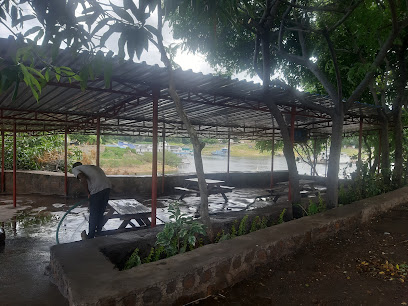
Lake Harvest Sports Club
Discover the vibrant atmosphere of Lake Harvest Sports Club, where stunning views of Lake Kariba meet delightful drinks and local culture.
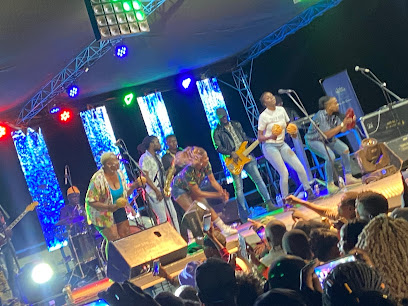
Tariro comblex
Explore the vibrant flavors of Kariba at Tariro Complex, your go-to grocery store for local ingredients and international delights.

Local Phrases
-
- HelloMhoroi
[m-ho-roy] - GoodbyeChisarai
[chi-sa-rye] - YesEhe
[e-he] - NoAye
[a-ye] - Please/You're welcomeNdatenda
[nda-ten-da] - Thank youNdinotenda
[ndi-no-ten-da] - Excuse me/SorrySamaita
[sa-ma-i-ta] - How are you?Uri sei?
[u-ri se-i] - Fine. And you?Tine makomborero. Kana wakadini?
[ti-ne ma-kom-bo-re-ro. ka-na wa-ka-di-ni] - Do you speak English?Uri kutaura Chirungu?
[u-ri ku-tau-ra chi-run-gu] - I don't understandHandina kuziva
[han-di-na ku-zi-va]
- HelloMhoroi
-
- I'd like to see the menu, pleaseNdinoda kuvona menu, musiye
[ndi-no-da ku-vo-na me-nu, mu-si-ye] - I don't eat meatHandirime nyama
[han-di-ri-me nya-ma] - Cheers!Makadii!
[ma-ka-di-i] - I would like to pay, pleaseNdiri kutenga, musiye
[n-di-ri ku-te-nga, mu-si-ye]
- I'd like to see the menu, pleaseNdinoda kuvona menu, musiye
-
- Help!Taura!
[tau-ra] - Go away!Hakusi kuhwina!
[ha-ku-si ku-hwi-na] - Call the Police!Dzorai Police!
[dzo-rai po-lice] - Call a doctor!Dzorai dokita!
[dzo-rai do-ki-ta] - I'm lostNdisiri kuyenda
[n-di-si-ri ku-yen-da] - I'm illNdiri kuruvara
[n-di-ri ku-ru-va-ra]
- Help!Taura!
-
- I'd like to buy...Ndinoda kushandisa...
[ndi-no-da ku-shan-di-sa] - I'm just lookingNdiri kutsvaga
[n-di-ri kut-sva-ga] - How much is it?Zvinoita marii?
[zvi-noi-ta ma-ri-i] - That's too expensiveIzvi zvinogona kukura zvakawanda
[i-zvi zvi-no-go-na ku-ku-ra zva-ka-wan-da] - Can you lower the price?Unogonesa kugadzirisa pfuma?
[u-no-go-ne-sa ku-gad-zi-ri-sa pfu-ma]
- I'd like to buy...Ndinoda kushandisa...
-
- What time is it?Saatani iyi nderekupi?
[sa-ta-ni i-yi n-de-re-ku-pi] - It's one o'clockSaatani iyi nde ye chete
[sa-ta-ni i-yi n-de ye che-te] - Half past (10)Saatani iyi nderekuzere
[sa-ta-ni i-yi n-de-re-ku-ze-re] - MorningMangwana
[man-gwa-na] - AfternoonChikurubi
[chi-ku-ru-bi] - EveningMakore
[ma-ko-re] - YesterdayChakafukidza
[cha-ka-fu-ki-dza] - TodayNhasi
[nha-si] - TomorrowMangwana
[man-gwa-na] - 1Motsi
[mot-si] - 2Piri
[pi-ri] - 3Kana
[ka-na] - 4Kanana
[ka-na-na] - 5Nhanana
[nha-na-na] - 6Kunorova
[ku-no-ro-va] - 7Kunotsvaga
[ku-not-sva-ga] - 8Kunorwara
[ku-no-rwa-ra] - 9Kunonzi
[ku-non-zi] - 10Kunorova
[ku-no-ro-va]
- What time is it?Saatani iyi nderekupi?
-
- Where's a/the...?Iripi...?
[i-ri-pi] - What's the address?Address yacho ndeyaani?
[ad-dres ya-cho n-de-ya-a-ni] - Can you show me (on the map)?Wakakanganisa kuvona (pa map)?
[wa-ka-kan-ga-ni-sa ku-vo-na (pa map)] - When's the next (bus)?Bus inofamba sei?
[bus i-no-fam-ba se-i] - A ticket (to ....)Ticket (kuna ....)
[ti-ke-ti (ku-na)]
- Where's a/the...?Iripi...?
History of Kariba
-
The Kariba Dam, one of the largest man-made lakes in the world, was constructed between 1955 and 1959 as part of a hydroelectric project to provide electricity to Zambia and Zimbabwe. The monumental project was an engineering feat of its time, involving the displacement of thousands of Tonga people and the creation of Lake Kariba. The dam stands 128 meters tall and stretches 579 meters across the Zambezi River, symbolizing both technological progress and a significant socio-cultural shift in the region.
-
Operation Noah was a large-scale wildlife rescue operation that took place during the filling of Lake Kariba from 1958 to 1964. As the Zambezi River waters rose, thousands of animals became stranded on islands. Led by Rupert Fothergill, a team of volunteers and game rangers worked tirelessly to rescue and relocate over 6,000 animals, including elephants, rhinos, and antelope. This operation not only saved numerous species but also highlighted the environmental impact of human engineering projects.
-
Before the construction of the Kariba Dam, the Zambezi Valley was home to the Tonga people, who had lived there for centuries. The creation of Lake Kariba forced the relocation of around 57,000 Tonga people to less fertile lands. This displacement had long-lasting effects on their traditional way of life, culture, and social structures. Despite the challenges, the Tonga people have maintained their cultural identity and continue to celebrate their heritage through festivals and traditional practices.
-
Nyaminyami, the river god of the Tonga people, is a central figure in the local mythology of the Kariba region. According to legend, Nyaminyami resides in the Zambezi River and has the body of a snake and the head of a fish. The Tonga people believe that Nyaminyami's anger caused the floods and natural disasters during the construction of the Kariba Dam. To this day, Nyaminyami is revered and respected, symbolizing the deep connection between the Tonga people and the Zambezi River.
-
Since its creation, Lake Kariba has become a major tourist destination in Zimbabwe. The lake offers a range of activities such as fishing, boating, and wildlife safaris. The town of Kariba serves as a gateway to this natural wonder, providing visitors with lodging, restaurants, and guided tours. The scenic beauty of the lake, combined with its rich history and biodiversity, attracts tourists from around the world, contributing significantly to the local economy.
-
The Kariba Dam has had a profound economic impact on both Zimbabwe and Zambia. The hydroelectric power generated by the dam provides a significant portion of the electricity used in both countries, fueling industrial growth and urban development. However, the dam has also been a source of controversy due to its environmental and social consequences. Balancing the benefits of hydroelectric power with the need to protect the environment and support displaced communities remains an ongoing challenge.
Kariba Essentials
-
Kariba is located in the Mashonaland West Province of Zimbabwe. The nearest international airport is Harare International Airport, approximately 365 kilometers away. From Harare, you can take a domestic flight to Kariba Airport or a bus, which typically takes around 5 to 6 hours by road. Alternatively, you can rent a car and drive, enjoying the scenic route through Zimbabwe's countryside.
-
Within Kariba, transportation options include local taxis and car rentals. Kariba's attractions are spread out, so renting a car can be convenient for exploring the area. Some lodges and hotels offer shuttle services to and from key tourist spots. Public buses are available but may not be as reliable or frequent.
-
The official currency in Zimbabwe is the Zimbabwean Dollar (ZWL), but the US Dollar (USD) is widely accepted. Credit cards are accepted in major hotels and some restaurants, but it is advisable to carry cash for smaller establishments and markets. There are ATMs in Kariba, but they may not always be stocked with cash, so it's wise to bring sufficient funds.
-
Kariba is generally safe for tourists, but standard precautions should be taken. Avoid walking alone at night, especially in secluded areas. Keep an eye on your belongings in crowded places. While Kariba does not have specific high-crime areas targeting tourists, it is always best to stay vigilant and aware of your surroundings.
-
In case of an emergency, dial 999 for immediate assistance. Kariba has a local police station and medical facilities, including a hospital and several clinics. It is recommended to have travel insurance that covers medical emergencies. For minor health issues, pharmacies are available where you can purchase over-the-counter medications.
-
Fashion: Do dress modestly, especially when visiting local communities. Avoid overly revealing clothing. Religion: Do respect local customs and traditions. Public Transport: Do be respectful and give up your seat to elderly passengers. Don't eat or drink on public transport. Greetings: Do greet people with a friendly handshake. A smile and a nod are also appreciated. Eating & Drinking: Do try local delicacies and accept food offerings graciously. Don't refuse hospitality, as it is considered impolite.
-
To experience Kariba like a local, visit the local markets where you can buy fresh fish and traditional Zimbabwean goods. Engage with locals, who are often friendly and willing to share stories about the area's history and culture. Don't miss taking a boat tour on Lake Kariba, which offers breathtaking views and opportunities to see wildlife. For a unique experience, visit the Kariba Dam and learn about its engineering marvels.
Trending Landmark in Kariba
Nearby Cities to Kariba
-
Things To Do in Lusaka
-
Things To Do in Chinhoyi
-
Things To Do in Kabwe
-
Things To Do in Harare
-
Things To Do in Hwange
-
Things To Do in Gweru
-
Things To Do in Livingstone
-
Things To Do in Victoria Falls
-
Things To Do in Ndola
-
Things To Do in Kasane
-
Things To Do in Kitwe
-
Things To Do in Masvingo
-
Things To Do in Nyanga
-
Things To Do in Mutare
-
Things To Do in Katima Mulilo








